Since Tag Games opened in 2006, we’ve been lucky enough to be hired by a steady stream of publishers, broadcasters and IP owners looking to work with a reliable, talented studio. Back in those early days the work-for-hire model was very much the standard between developers and publishers and at Tag things were no different. Make game, ship game, get paid, handshake. All very simple.
It was a straightforward way of doing business, but not necessarily one that encouraged long-term client relationships. Once we realised the potential of the free-to-play (F2P) market however, the goalposts moved both in terms of the games we made and the way we worked with publishers. As games transformed into ongoing, evolving live services, the need for developers to stay involved past launch grew exponentially. No longer was the client-developer relationship akin to that of Jabba the Hutt and his bounty hunters, but an ongoing tie that secures continued work, freedom, trust and ownership of projects.
So exactly what has changed in the way mobile studios work and what are the considerations?
1.Shared responsibility
With hundreds of new games hitting the app store every single day creating a hit is tough in today’s market. With such fierce competition, there is a natural shift towards shared risk and responsibility and taking advantage of two sets of resources and expertise. Publishers also need to be able to call on the development team post-launch for updates and live support, which further helps foster a sense of ownership on the developer’s side.
2.Longer project lifecycle
A look at the top of the iOS charts will tell you how long the product lifecycle of a modern mobile game can be. Mobile F2P games can still be growing and evolving years after their original release, and with this trend what would previously have been twelve-month projects become three or four years. In an industry where one flop can put developers out of business, this kind of long-term partnership can allow studios to flourish and build solid foundations for their future.
3.Deal structure
There’s no space for stuffed brown envelopes in the world of mobile partnerships. When two sides are committing resources, knowledge and skills to a long-term project, a share of the profits seems the natural way to do business. It keeps both sides working for each other and the ongoing nature of F2P keeps a steady stream of revenue heading the developers way long after the product has shipped.
At Tag, we’ve found that all the above points guide us towards a business model that focuses on free-to-play, live games as a service. This approach helps our business grow and evolve, as we build relationships with some of the biggest names in gaming. It’s a way of working which has seen us work on some tremendous projects over the past few years, and a way of working that remains central to our plans for the future.

